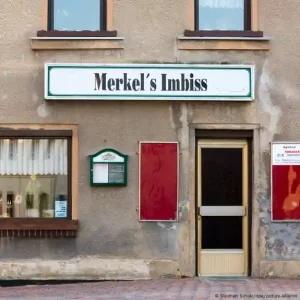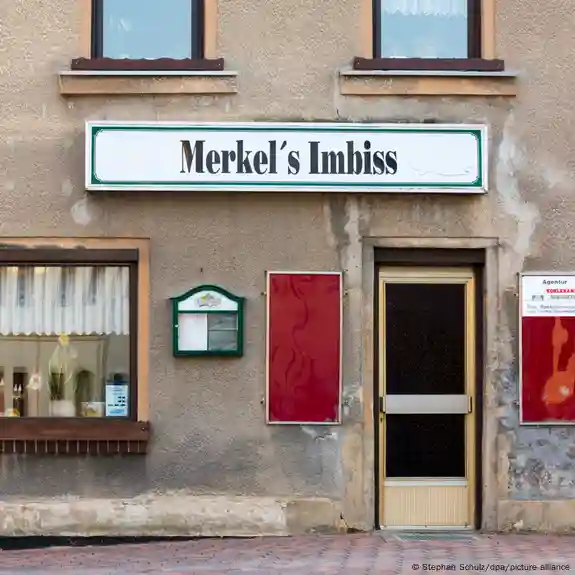The move is seen by grammar purists as a further encroachment of English into German. Traditionally, apostrophes have not been used to indicate possession in German-speaking countries.

The Council for German Orthography (RdR) caused a stir amongst grammar perfectionists on Monday when it announced that as of 2025, an apostrophe used to indicate possession will be considered correct.
Since 2004, the RdR has been considered the leading source on Standard High German spelling and grammar, and is relied on for school textbooks in Germany, Austria, and Switzerland.
In English, possession of an object is almost always implied by use of an apostrophe, as in: Henry’s Bar, Bloomingdale’s department store.
Not so in German, where possession is either shown by use of the genitive grammatical case, or without an apostrophe as in the case of Annes Cafe (Anne’s cafe).
However, in recent decades it has become increasingly common, especially for small businesses, to use the apostrophe in German to indicate possession: Andi’s Imbiss (Andi’s restaurant), Kim’s Kiosk.
‘Nonsense’
In Der Standard, Austria’s newspaper of record, the move was decried as another “normalizaltion of Anglicisms,” while also noting that the RdR has long refused to weigh in on more pressing issues like the use of gender-neutral language.
“This nonsense is by no means the end of the story” wrote Andreas Platthaus in a mocking op-ed in the Frankfurter Allgemeine newspaper, putting an apostrophe in the middle of each word.
However, Platthaus questions the commonly held belief that the colloquially-titled “Deppenapostroph” or “idiot’s apostrophe” is a direct result of English emerging as a global lingua franca.
He points out that poets, going back as far as Goethe, often applied apostrophes all over the place for the purposes of meter or enjambment.
Instead, he argues, that the relaxing of rules is making German more “complicated” by saying several different things can be correct at once.
Credit: DW News


